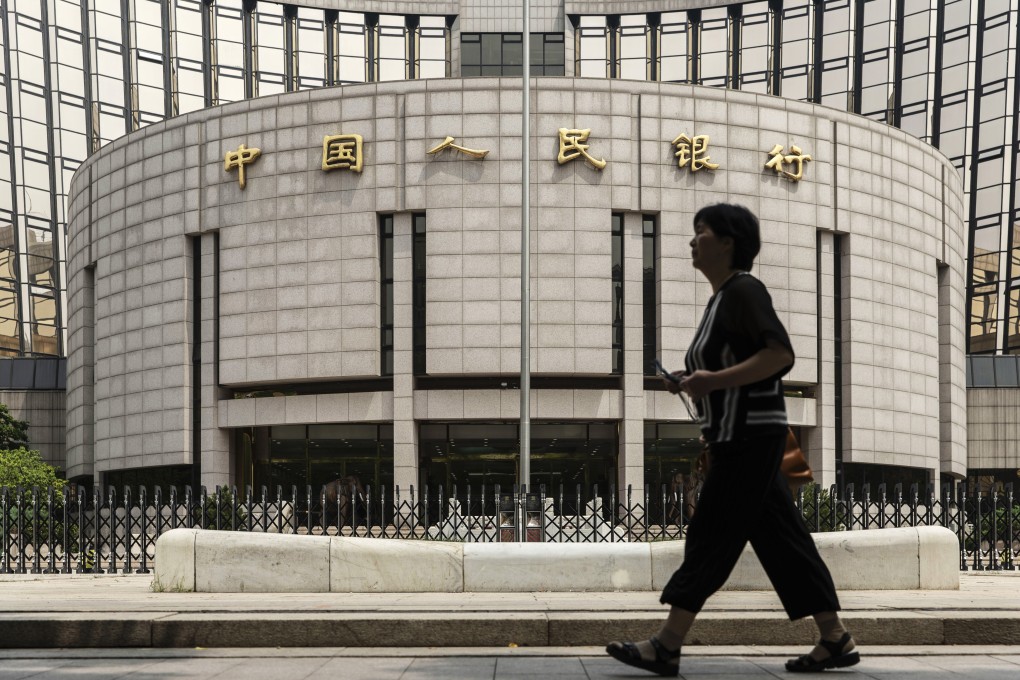Trade war with US could spark global financial ‘chaos’, warns former China central bank governor
- Former People’s Bank of China governor Zhou Xiaochuan warns that emerging markets reliant on exports may resort to competitive currency devaluations
- Ex-central bank chief tells Lujiazui financial forum that reform of the World Trade Organisation could form part of a permanent solution

China’s former central bank governor has warned that the ongoing trade war could cause financial “chaos” to the global financial order should emerging markets who rely on exports try to claim a share of the new openings in the United States and China by opting for a series of currency devaluations.
Zhou Xiaochuan believes that countries caught up in the trade war may have no choice but to devalue their currencies to gain trade advantages, or “competitive devaluations”.
“If the trade war continues, it will easily lead to the change of exchange rates, and the consensus that we have made on the prevention of competitive devaluation in the past could be challenged again,” former People’s Bank of China governor Zhou said at the annual Lujiazui financial forum on Friday. “If everybody is relying on competitive devaluation, the global financial order will be in chaos.”
If the trade war continues, it will easily lead to the change of exchange rates, and the consensus that we have made on the prevention of competitive devaluation in the past could be challenged again
In February 2016, financial ministers and central governors from G20 economies agreed that they would refrain from competitive devaluations and avoid targeting their exchange rates for competitive purposes. At the G20 summit in September 2016, China and the US reaffirmed the commitment.